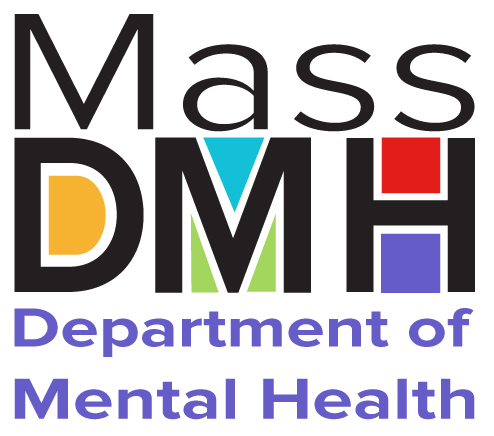When people who have had experiences with emotional distress or trauma are able to give others encouragement, hope, assistance, understanding and share resources that aid in recovery, it is called peer support. One of the most helpful things one can say to, or hear from, another is “I’ve been there.” Certified Peer Specialists (CPS) are trained to share their experiences in the mental health system and in recovery to effectively carry the message that “Recovery is Real!” CPS’s share their lived experience, strength and hope with people using mental health services, mental health professionals, policy makers and others. A CPS can affect peoples’ beliefs about their own capacity to recover and challenge assumptions about the capacity of others to recover.
Certification and educational requirements for becoming a CPS varies by state. In Massachusetts, the Transformation Center offers training and certification, with funding from the Department of Mental Health (DMH). DMH has collaborated with the Transformation Center for 11 years, and last year we celebrated a decade of CPS training. The Transformation Center has trained over 1100 individuals of which 750 became certified. The CPS course is approximately 8 weeks long, which consists of single-day trainings and a 3-day retreat.
Peer Specialists or “Peers” are employed throughout the DMH system, and in other behavioral health settings. As an agency, DMH employs Peers in their state hospitals, state-operated Group Living Environments, and in some Case Management offices. DMH’s providers employ Peers in their Program of Assertive Community Treatment (PACT) Teams, Respite Care, Homeless Outreach teams, and in our newest service, Adult Community Clinical Services (ACCS), which replaced Community Based Flexible Supports. Peers are also employed in Recovery Learning Communities, some Acute Care Inpatient Psychiatric Units, and with MassHealth’s Accountable Care Organizations’ Behavioral Health Community Partners. Each of these programs provide support, treatment and/or resources for those with lived experience.
As we enter a new decade of peer support, Peers are focusing and specializing in their areas of interest. For Peers who are 50+, there are Certified Older Adult Peer Specialists, who specialize in the needs of older adults. For people interested in working with teens and young adults, there are Peer Mentors who work in Community Service Agencies. For individuals who have had some history with justice system involvement, DMH has piloted a Forensic Peer Specialist training. In addition, through cooperation with our Federal Partners and Work Without Limits (WWL), a Deaf Certified Peer Specialist training was held two years ago in Worcester, to offer Deaf individuals a way to give back to their community and learn job skills. DMH teamed up again with WWL Benefits Counseling to offer a Nuts & Bolts of Social Security Disability Benefits and Work training given exclusively to Peer Specialists working in the field, with rave reviews two years in a row.
As people flourish with the support of Certified Peer Specialists, the demand for trained Peer Specialists has and will continue to grow. Recovery is real, after all.

